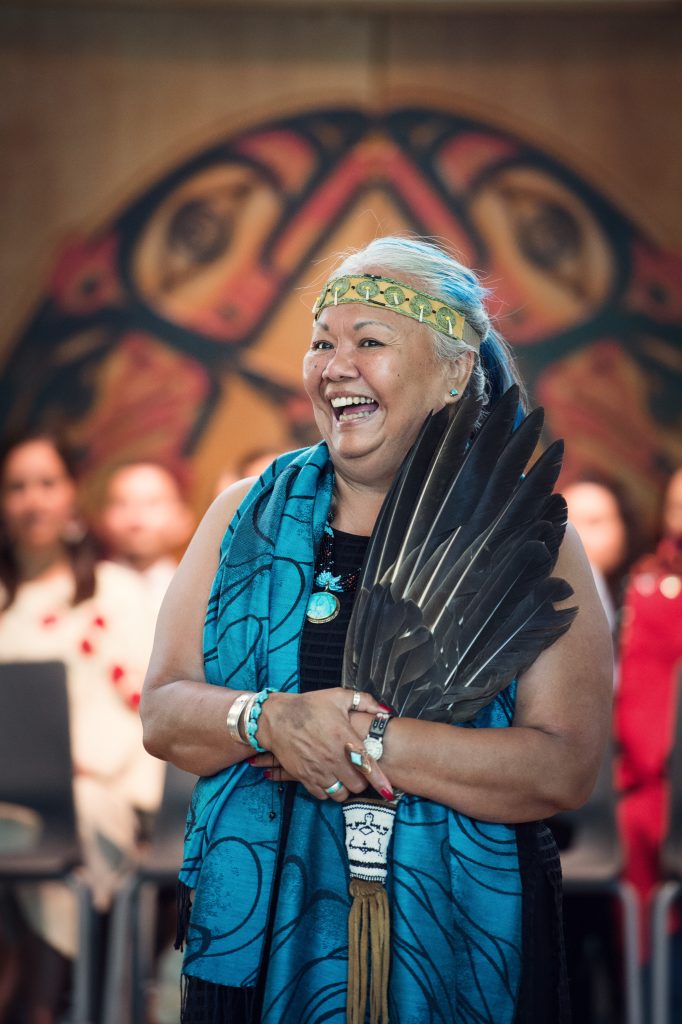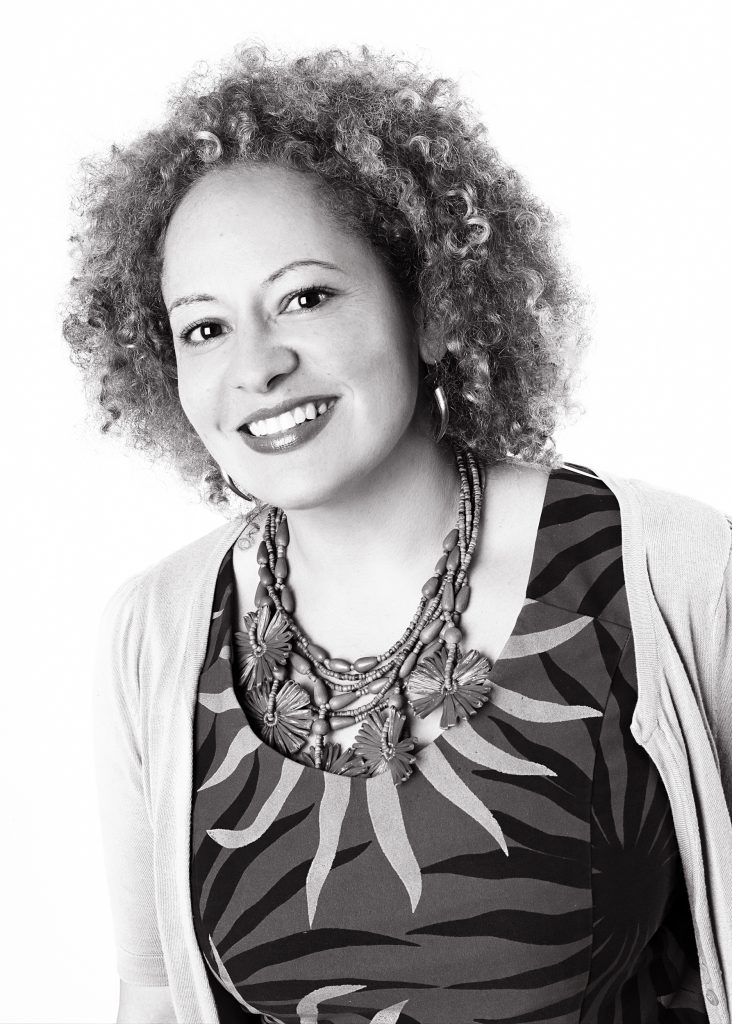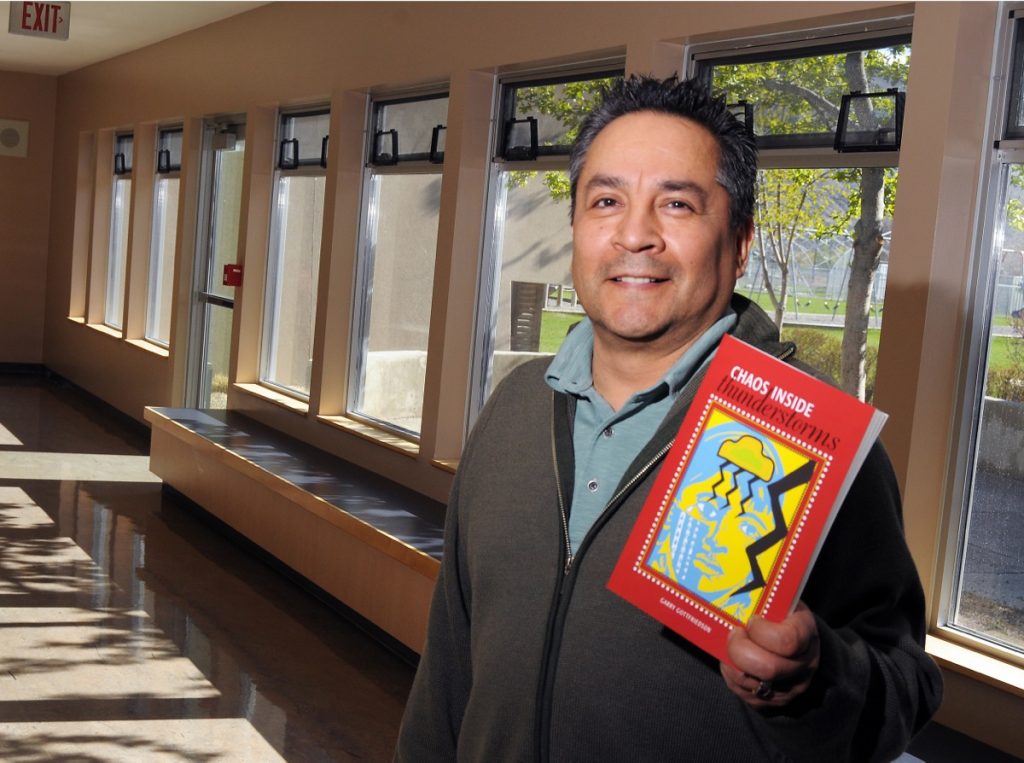
Nathan Matthew is a Secwepemcw Nation member who was raised in and continues to reside in the Simpcw First Nation community at Chu Chua, north of Kamloops, B.C. Nathan has extensive experience working with his community, his nation and on provincial and national First Nations issues. He has represented the Simpcw First Nation as chief for over twenty years and has served two terms as the Chairperson of the Shuswap Nation Tribal Council and over twenty years as chairperson of the SD 73 Aboriginal Education Council. Nathan has experience negotiating regional, provincial and national First Nations agreements and has served terms on the BC First Nations Forestry Council, the BC New Relationship Trust and BC First Nations Health Authority. He is currently a Secwepemc representative in both the Columbia River Treaty negotiations the Secwepemc/British Columbia government to government initiative. He is also the Chancellor of the Thompson Rivers University.

Dorothy Christian Cucw-la7 is a visual storyteller, scholar, writer and editor who is from Splatsin, one of the communities of the Secwepemc Nation. She also honours her Syilx ancestry. Dorothy is the eldest of 10, has one daughter and over 65 nieces, nephews, great nieces and nephews. Christian’s graduate studies focus on how cultural knowledge informs Indigenous film production practices.
Before graduate school, Dorothy segment produced, directed and wrote for the national broadcaster Vision TV where she accumulated over 100 professional production credits. She travelled throughout Turtle Island and into Mexico to carry Indigenous stories back to the national screen culture. Cucw-la7 continues to be involved in the Indigenous Screen Culture in Canada. This October 2019 she curated the program, “Dawsoma: Making Meaning: A Victor Masayesva, Jr. Retrospective” at the ImagineNative Film Festival in Toronto, the largest film festival in the world. Plus Dorothy moderated an intergenerational panel, “Worn Trails/New Trails: Footsteps” with Maria Campbell, Cree-Métis, Victor Masayesva, Jr., Hopi, Zacharias Kunuk, Inuit and Zoe Leigh Hopkins, Mohawk-Heiltsuk and Lisa Jackson, Anishinaabe.
Dorothy is currently the Associate Director, Indigenous Initiatives at Simon Fraser University and resides on unceded Coast Salish territories in Vancouver, BC, Canada.

Dr Karlo Mila (MNZM) is the Programme Director is the Mana Moana Leadership Experience at Leadership New Zealand. This programme is based on the shared language, ethos, cultural knowledge, ideas and values of Pacific Islands peoples indigenous to the South Pacific Ocean. Karlo is a poet, writer and researcher of Tongan and Pālangi descent. Mana Moana is based on her postdoctoral research. She has won a number of awards in poetry, including best first book at the New Zealand book awards.
In 2001-2004, Karlo was the Manager, Pacific Heakth Research, at the Health Research Council of New Zealand. She drafted and wrote the first Pacific Health Research Guidelines. She went on to be a Rapporteur for UNESCO at their Pacific ethics forum and has continued to do contract work in the area of indigenous and Pacific ethics. As a contractor, Karlo specialises in research and policy affecting or involving Pacific people’s. She has a special interest in the area of mental health.
Karlo is an activist and a social commentator. She is involved in community events, creativity and advancement. Her next book of poetry will be published next year. She lives in Auckland with her three sons.
Dr. Janice Dick-Billy
The terms “research” and “ethics” are inherently Western constructs and although we, as Indigenous peoples, have attempted to indigenize research and ethics, we still have lots of work to do.
Research if conducted with our people and impacting our people, must be grounded in Secwépemc world view in its entirety. Our fluent speakers and Secwépemc knowledge keepers still hold these teachings despite the onslaught of colonization and oppression of our people. However, we are losing our fluent speakers and knowledge holders at an alarming rate, and in order to recover our true and authentic knowledge in all aspects – language, culture, spirituality, health, social structures, and traditional knowledge we must be organized and strategic. We must work in culturally appropriate ways and always maintain right relationships with people, the land, water, and all of creation.
Elder Lawrence Michel
Elder Lawrence Michel will address the importance of Secwépemc knowledge from his rich teachings as a Secwépemc knowledge holder. Lawrence will also address the need and significance of managing and protecting Secwépemc knowledge. His presentation is in Secwepemctsín and it will be translated into English.
Additional biographies

Garry Gottfriedson is from Kamloops, BC. He was born into a rodeo/ranching family. He is an avid horseman, and is strongly rooted in his Secwepemc (Shuswap) cultural teachings. He holds a Masters of Arts Education Degree from Simon Fraser University. In 1987, the Naropa Institute in Boulder, Colorado awarded a Creative Writing Scholarship to Gottfriedson. There, he studied under Allen Ginsberg, Marianne Faithful and others. Gottfriedson has 9 published books. He has read from his work across Canada, United States, Europe, and Asia. His work has been anthologized and published nationally and internationally. Currently, he works at Thompson Rivers University.
